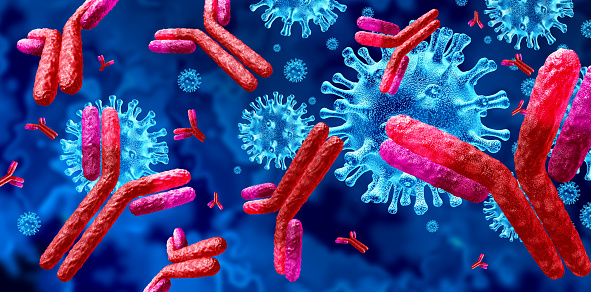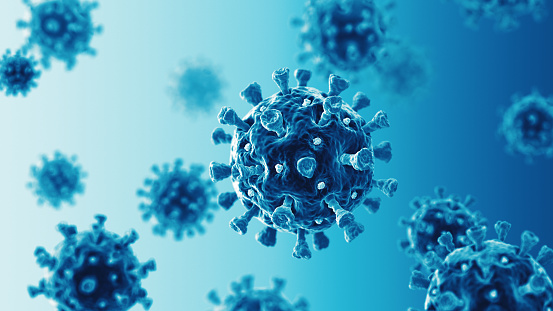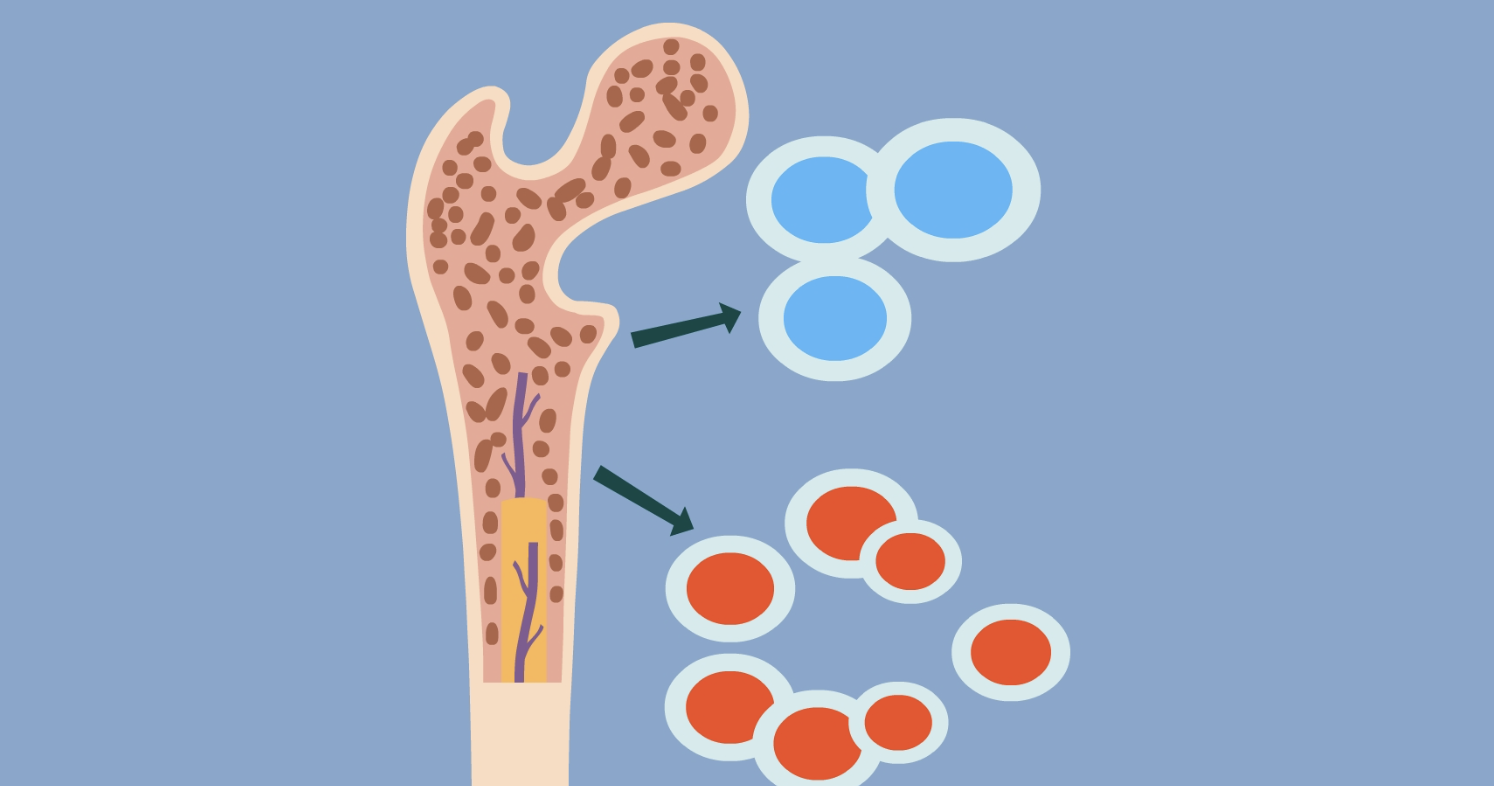Medical
Genetic Modification Of Immune Cells To Make Them Tireless, Cold-Blooded "Cancer Cell Killers"!
A cutting-edge study from the University of California, San Francisco, recently showed that researchers have been able to make immune cells, which already recognize cancer cells, more powerful and durable through CRISPR gene editing tools, promising to become tireless, cold-blooded "cancer killers"!

Nowadays, it is becoming clear that cancer can suppress the body's immune cells through a variety of cunning means, making them blind or deaf to the cancer cells that are close at hand, known as "immune escape".

With the rise of immunotherapy, cutting-edge anti-cancer therapies such as PD-1, PD-L1, CAR-T and neoantigenic cancer vaccines, the immune cells can be upgraded to change their situation of not being able to recognise and track cancer cells, allowing the body's immunity to perform its original anti-cancer role again, and thus the immune cells can once again become the brave "anti-cancer warriors". The immune cells can thus become "cancer fighters" again.
A cutting-edge study from the University of California, San Francisco, recently showed that researchers have been able to use CRISPR gene editing tools to make immune cells that can already recognise cancer cells more powerful and durable, promising to become tireless, cold-blooded 'cancer killers'!

"We have succeeded in designing better, tougher, longer-lived T cells that could help improve cancer treatment for blood tumours as well as solid tumours," said Dr Alex Marson, who co-led the research with cancer biologist Dr Alan Ashworth. The study was published in the journal Nature on 24 August 2022.
"This is a prime example of how we can use CRISPR tools to accelerate improvements in T-cell therapy design." Dr Marson said.
Ashworth, president of the Helen Diller Family Comprehensive Cancer Centre, said these genomic technologies to create new cell-based immunotherapies could lead to transformative treatments for a wide range of diseases.

One of the main challenges in developing effective cancer immunotherapies is that the cancer-induced "tumour microenvironment" suppresses T cells and other immune cells, making it easier for tumours to form and grow. In T-cell immunotherapy, genetically engineered T cells can recognise and kill cancer cells, but in the tumour microenvironment, these T cells can easily become 'exhausted' or 'dysfunctional', making them unsustainable.
"By knocking out a single gene in the T cell with the CRISPR tool, we can create a more potent killer of cancer cells that remains tough enough to continue killing cancer cells over a long period of time," said Dr Julia Carnevale, a medical scientist and corresponding author of the study. She recently opened her own lab in the Department of Medicine at the University of California, San Francisco, to seek new strategies for anti-cancer cell therapy.
Unexpected gains
Using an extensive screen with CRISPR tools, the researchers discovered that knocking out a small number of candidate genes could make T cells perform better in the tumour microenvironment.

The team knocked out a T cell gene called RASA2 to create new T cells and repeatedly exposed them to a tumour microenvironment model in order to 'stress test' the new T cells. By comparing the original therapeutic T cells, the researchers found that long after the original cells were exhausted and had lost their ability to fight cancer, the new T cells with the RASA2 cells knocked out were still able to fight cancer, acting like tireless, cold-blooded 'cancer killers'!
The team tested this in a number of different types of genetically engineered T cells and found consistent results with many T cells from different human donors and in different solid tumour models.
"Knocking out the RASA2 gene makes the T cells more potent, it's like finding the brakes, we release the brakes and it unleashes the cancer-fighting potential of these immune cells." Dr Carnevale said.
Improving existing therapies
Now, Dr Carnevale and colleagues are conducting studies in pre-clinical models, hoping to assess the safety and efficacy of the therapy.
"We want to make sure that when the RASA2 gene is knocked out, the T cells can recognise and attack only the cancer and not the healthy human cells," says Dr Shifrut of the lab.
"Currently, T-cell-based immunotherapy, even under ideal conditions, is not effective in all patients and there are many cases of relapse," Dr Carnevale said. "It would be very exciting if we could figure out how to push the boundaries of existing cellular therapies."

The researchers highly commend the CRISPR tool, which has helped researchers find the gene RASA2 and expand the impact of such studies. In similar systematic studies, using the CRISPR tool to look at every gene in the genome will not only accelerate the design of cancer therapies, but also help design better treatments for various diseases, autoimmune disorders, and infectious diseases.
-
![]()
![]() MedicalDec 24, 2024
MedicalDec 24, 2024Intestinal flora can help the human body resist virus infection
-
![]()
![]() MedicalDec 23, 2024
MedicalDec 23, 2024New Treatment Effective In Up To 73% Of Multiple Myeloma Patients!
-
![]()
![]() MedicalDec 22, 2024
MedicalDec 22, 2024Why excimer laser can treat myopia
-
![]()
![]() MedicalDec 21, 2024
MedicalDec 21, 2024More Significant Survival Benefit For Non-Small Cell Lung Cancer Patients Under 55 Years Of Age, Also Using Immunotherapy!
-
![]()
![]() MedicalDec 20, 2024
MedicalDec 20, 2024New Study: Nmn Supplementation Activates Longevity Proteins To Reduce Stem Cell Senescence And Restore Mitochondrial Function




